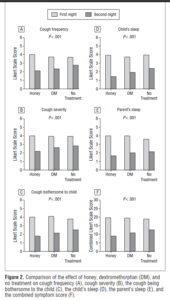I recently got interested in a new field https://en.wikipedia.org/wiki/Cognitive_epidemiology
Cognitive epidemiology is a field of research that examines the associations between intelligence test scores (IQ scores or extracted g-factors) and health, more specifically morbidity (mental and physical) and mortality. Typically, test scores are obtained at an early age, and compared to later morbidity and mortality. In addition to exploring and establishing these associations, cognitive epidemiology seeks to understand causal relationships between intelligence and health outcomes. Researchers in the field argue that intelligence measured at an early age is an important predictor of later health and mortality differences.[1][2]
–
I decided to scout the academic literature. Here’s some for those also curious.
Special issue of Intelligence, 2009, about cognitive epidemiology.
1. Introduction to the special issue on cognitive epidemiology
3. Cognition and incident coronary heart disease in late midlife The Whitehall II study
5. Cognition and survival in a biracial urban population of old people
7. Reaction time and established risk factors for total and cardiovascular disease mortality
10. Does a fitness factor contribute to the association between intelligence and health outcomes
15. Cognitive epidemiology With emphasis on untangling cognitive ability and socioeconomic status
—
Some other papers that i found:
Why do intelligent people live longer
The relationships between cognitive ability and dental status in a national sample of USA adults
Rare Copy Number Deletions Predict Individual Variation in Intelligence
Looking for ‘System Integrity’ in Cognitive Epidemiology
Intelligence and semen quality are positively correlated
Cognitive epidemiology J Epidemiol Community Health-2007-Deary-378-84

